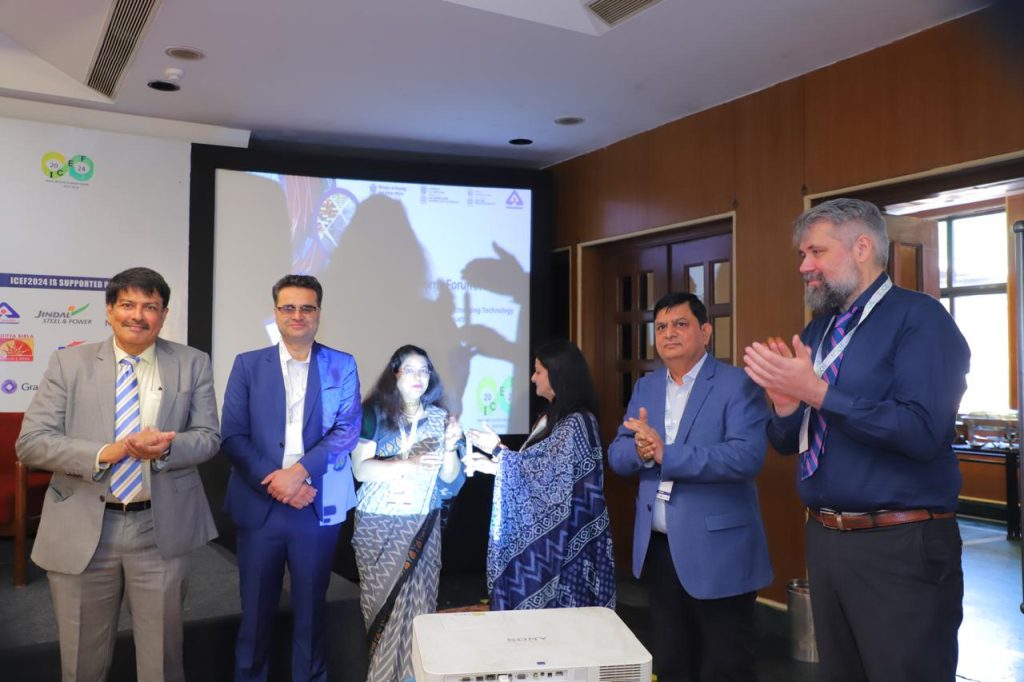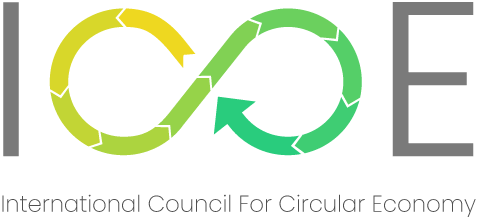With India being viewed as an engine for global growth, along with a growing culture of innovation and technology, it has the potential to support a circular transition in the Global South.
New Delhi, July 15th, 2024. The New Delhi Leaders’ Declaration at the G20 served as an example of India’s growing influence and its aspirations to contribute positively to global governance and stability. India’s role in the changing geopolitical scenario is marked by its attempt to balance its own interests with global responsibilities. It was a significant milestone in projecting India’s leadership role on the global stage. Through the declaration, India underscored the importance of strengthening multilateral institutions. This came at a time when there are growing concerns about unilateralism and protectionism in various parts of the world.
The global circularity has decreased from 9.1% in 2018 to 7.2% in 2023, marking a 21% decline over the last five years. There is a need for shifting from traditional linear processes (cradle to grave) to circular processes (cradle to cradle), ensuring all outputs are inputs for other processes. India, with its unique combination of geopolitical significance, age-old sustainable practices, and dynamic diplomatic engagements, can play a pivotal role in facilitating a global circular transition. As the world’s largest democracy and one of its most populous nations, India’s policies and initiatives carry significant weight. India’s historic ties with countries in the Global South, cemented through platforms like the Non-Aligned Movement, BRICS, vaccine diplomacy during the pandemic give it a unique standing.
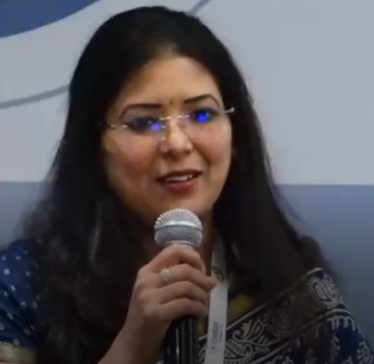
“We can leverage these relationships to promote the circular economy model, emphasizing mutual benefits in terms of sustainable growth, job creation, and environmental preservation”, said Ms Shalini Goyal Bhalla at the opening plenary of the third edition of India Circular Economy Forum (ICEF2024) in New Delhi. Ms Bhalla is the Managing Director at the International Council for Circular Economy, an Indian think-tank. The recent efforts to foster relationships through several initiatives with African, south-east Asian and Latin American countries show our commitment to strengthening ties with the Global South. These engagements can serve as platforms for knowledge sharing, technological collaboration, and financial mechanisms that support circular economy transitions, she added.
“India can provide momentum towards achieving global development, environmental, and climate goals while respecting the diverse national circumstances and capabilities of countries, especially the developing ones. Our dual identity as a developing economy with global influence positions it uniquely to provide impetus for a balanced approach to development, environment, and climate goals. Its right time to advocate actions that can resonate with developing countries, making it a significant player in shaping the global agenda”, said Mr Bhaskar Chatterjee.
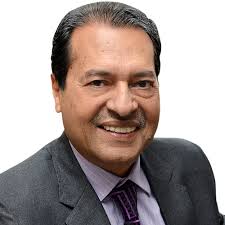
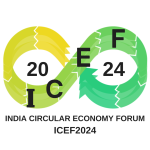
The two-day India Circular Economy Forum (ICEF2024) concluded with a resounding success, marking a pivotal moment in India’s journey towards becoming a global leader in circular economy practices. With insightful discussions, innovative showcases, and strategic collaborations, the event underscored India’s potential to lead the Global South in the circular transition.
Mr. Michael Bucki, Head of Department, at the EU delegation to India, emphasized that the industry itself needs to identify gaps in the application of circularity. He introduced the Indian concept of “Jugaad” as a driving force for circularity in India, highlighting its innovative and resourceful nature.


Smt. Rupinder Brar, Additional Secretary, Ministry of Coal, GoI, stressed the need for new technologies in carbon capture and storage that are market-relevant and cost-effective. She highlighted her ministry’s work in responsibly closing mines to restore reclaimed sites for nature, flora, and fauna, which supports Just Transition. She shared that 32 out of 39 coal sites have been converted into water bodies and tourist sites in India.
Mr. Rohit Kansal, Additional Secretary, Ministry of Textiles, GoI, mentioned the presence of 900 dedicated textile recycling units, with recycling hubs in Panipat while numerous others in Gujarat, Tamil Nadu, and Maharashtra that have regular recycling mechanisms. He highlighted the role of women entrepreneurs in leading these initiatives and the importance of reuse and upcycling in fashion through craftsmanship. “We must focus on four R’s: Reuse, Reduce, Recycle, and Redesign to transition the highly polluting textile industry to a sustainable sector”, said Mr Kansal.
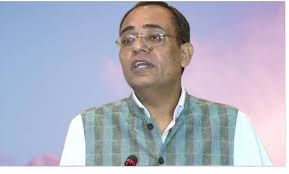

Mr. Amit Verma, Director, NITI Aayog, highlighted the challenges and opportunities associated with circularity in India. He began by noting how our Hon’ble Prime Minister, Mr Narendra Modi has directly engaged with the circular economy’s critical aspects, underlining the government’s commitment to this sustainable approach. Mr. Verma discussed the establishment of committees by Niti Aayog in 2021, with preparatory work starting as early as 2019, to specifically address circularity. He emphasized the comprehensive involvement of various ministries, with a regulatory role played by the Ministry of Environment, Forest and Climate Change (MoEFCC), focusing on 11 key sectors including scrap metal, lithium-ion batteries, gypsum, and solar panels.
H.E. Kimmo Lähdevirta, Ambassador of Finland, emphasized the transformative potential of the circular economy, highlighting Finland’s leadership in this domain. He outlined Finland’s commitment to fostering innovation, economic growth, and sustainability through circular practices. Mr. Lahdervita detailed Finland’s ambitious goals for achieving a low-carbon economy by 2035, showcasing the country’s pioneering efforts in integrating circular economy principles into various sectors.
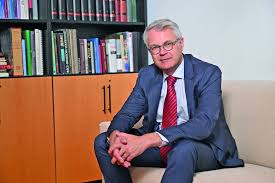
Highlighting and showcasing Indian Innovations and technology, the forum saw participation from almost 500 delegates with over 70 speakers from industry. It has successfully set the stage for emphasizing strategic collaborations and regulatory frameworks as key drivers of circular practices in India and at the global stage.
